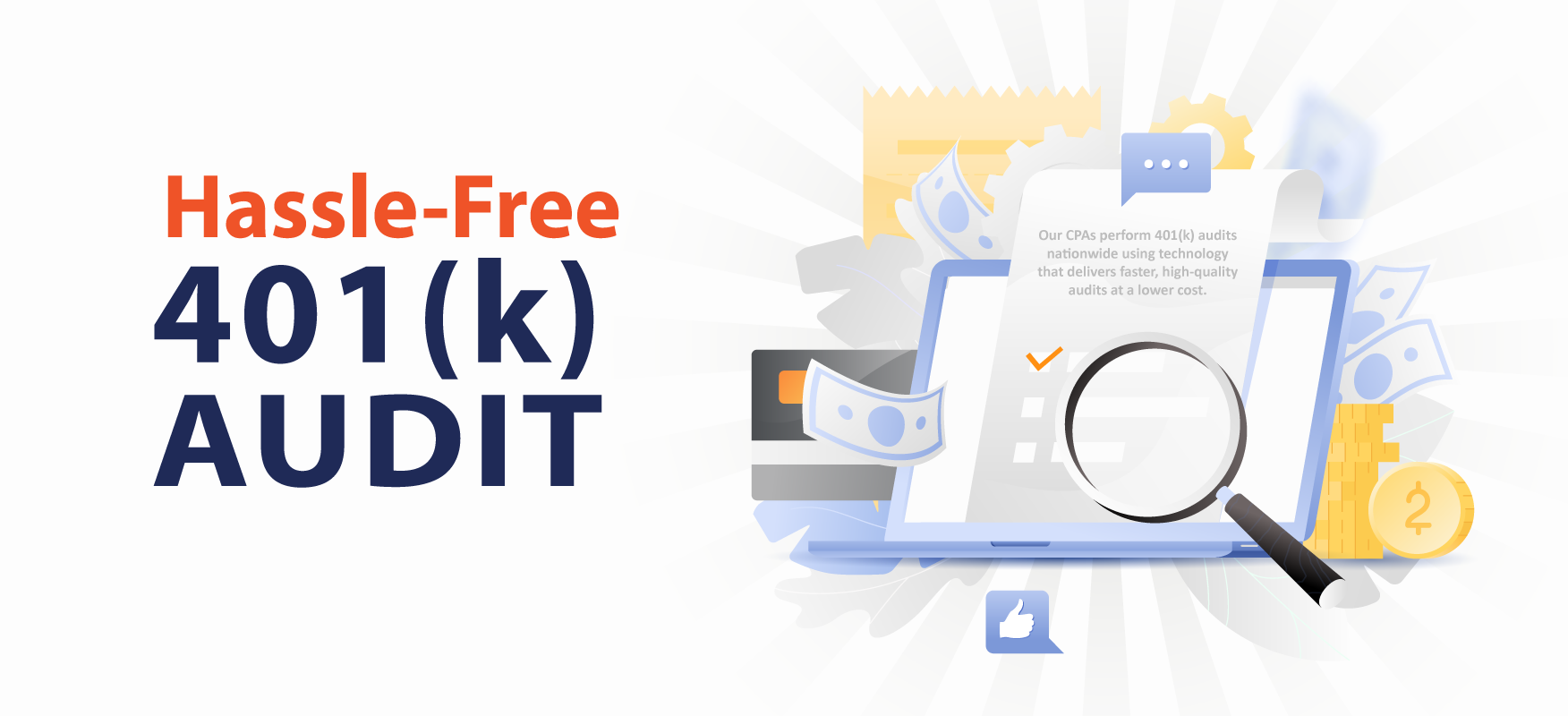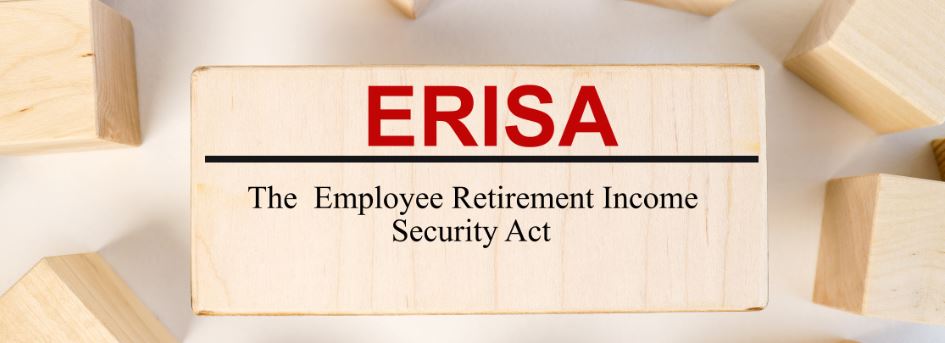Compensation Mistakes

Compensation Mistakes
How to avoid the most common and costly 401(k) plan mistake!
After handling 100s of 401k plan audits a year, PriceKubecka can testify that the most common mistake that a 401k plan sponsor makes is not applying the correct definition of compensation when determining payroll deductions and related matching or other employer plan contributions. This can also be a very costly mistake to correct.
With a little due diligence annually, a 401k plan sponsor can find a mistake long before an auditor will find it. The sooner a mistake is found, the less it may cost to fix.
How to find the mistake:
Review the plan document to determine how compensation is defined for allocations, deferrals, and testing purposes. Next, review the payroll system and processes used to confirm they are set up consistent with the plan document requirements. If the plan’s definition of compensation excludes bonuses when determining 401k salary deductions, then the payroll system should also be excluding bonuses.
Careful, many plan sponsors operate their plan based on a plan summary of the definitions and operational requirements. As the plan is amended, the compensation definition may change while the plan continues to operate as it had previously based on outdated summaries. Always check the most current version of the plan document.
The document may say, for example, “Employees may defer up to 15% of their Compensation…” You then have to go to the plan section containing definitions and find the “Compensation” definition. Spot-check deferrals and allocations to see if you're using the correct compensation. Some of these definitions can get complicated with expense reimbursements, car allowances, bonuses, commissions, and overtime pay that is or is not included in the definition of compensation. If you have a plan with a complicated definition of compensation, you may want to develop a worksheet to calculate the correct amounts.
How to avoid the mistake:
- Provide proper training of in-house personnel who determine compensation to understand the plan document.
- Have a centralized person or department responsible for maintaining all plan documents
- Perform annual reviews of the plan operations. We recommend doing this with the very first payroll of the new plan year.
- If the plan document is amended, check the definitions against the old document, noting any differences.
- Promptly communicate any changes to everyone involved in the plan’s operation. Plan sponsors should develop an internal communication mechanism to timely and accurately advise plan administrators and outside service providers (outside plan consultant, actuary, and/or third-party administrator/record keeper) of changes.
- Try to simplify your plan’s definition of compensation and use the same definition for multiple purposes.
Finally, know what services a third-party administrator or recordkeeper has agreed to do for the plan sponsor. They may rely on the plan sponsor for information, such as compensation and deferral amounts used in their compliance testing and reporting. They may not spot this mistake in their normal course of work.
PriceKubecka’s automated plan audit processes are designed to investigate whether the correct definition of plan compensation is being used for each and every participant, and every payroll during the period. But don’t wait until we find this issue. The longer the mistake is made the more it costs to correct in order to keep the 401k plan in compliance and running smoothly.
Related posts

Our 3-Step 401(k) Audit Process



